Russian President Vladimir Putin has signed a bill legalizing cryptocurrency mining, marking a pivotal shift for Russia’s Bitcoin industry amid ongoing economic challenges.
Russia Legalizes Bitcoin Mining
Russian President Vladimir Putin has finally put his signature on a bill to legalize cryptocurrency mining in the nation, ending years of discussion and conjecture. For the troubled nation, which has gone from being an outspoken opponent of Bitcoin to a big user in just three years, this new regulation is monumental.
Many things changed for Russia when the war with Ukraine began. Bitcoin has emerged as a viable alternative to the practically wrecked Russian economy caused by Western sanctions.
Bitcoin Emerges as Economic Alternative
The new legislation reportedly includes innovative ideas meant to strengthen the sector, as reported by Tass News Agency. This contains ideas like "“digital currency mining, mining pool, mining infrastructure operator, address identifier, and the individual who organizes mining pool activities.”
Mining rights are specifically reserved for Russian legal firms and individual enterprises that are listed in a registry, according to the legislation.
People who don't go above the Russian government-mandated energy consumption limit are exempt. Miners in this group are likewise exempt from having to appear on the register.
Foreign digital financial assets can now be stored on blockchain networks in Russia, according to the document. Meanwhile, the Russian central bank has the authority to halt any activity that could jeopardize the country's currency.
Coingape elaborates that with this new rule in place, Russian cryptocurrency miners can challenge their counterparts in more developed nations, such as the US, for Hashrate.
New Legislation to Boost Crypto Ecosystem
Importantly, this Bitcoin mining shift suggests that Russia's crypto ecosystem might grow to include other digital asset products, such as an ETF. After the SEC approved spot Bitcoin ETFs in the US a few months ago, several countries have introduced offerings that are comparable or identical to it in their own regions.





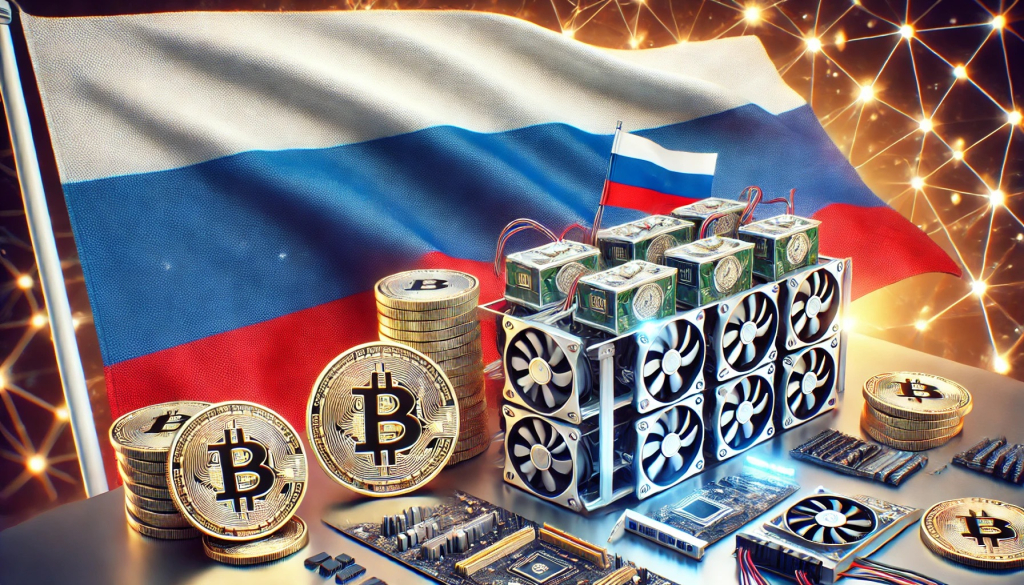

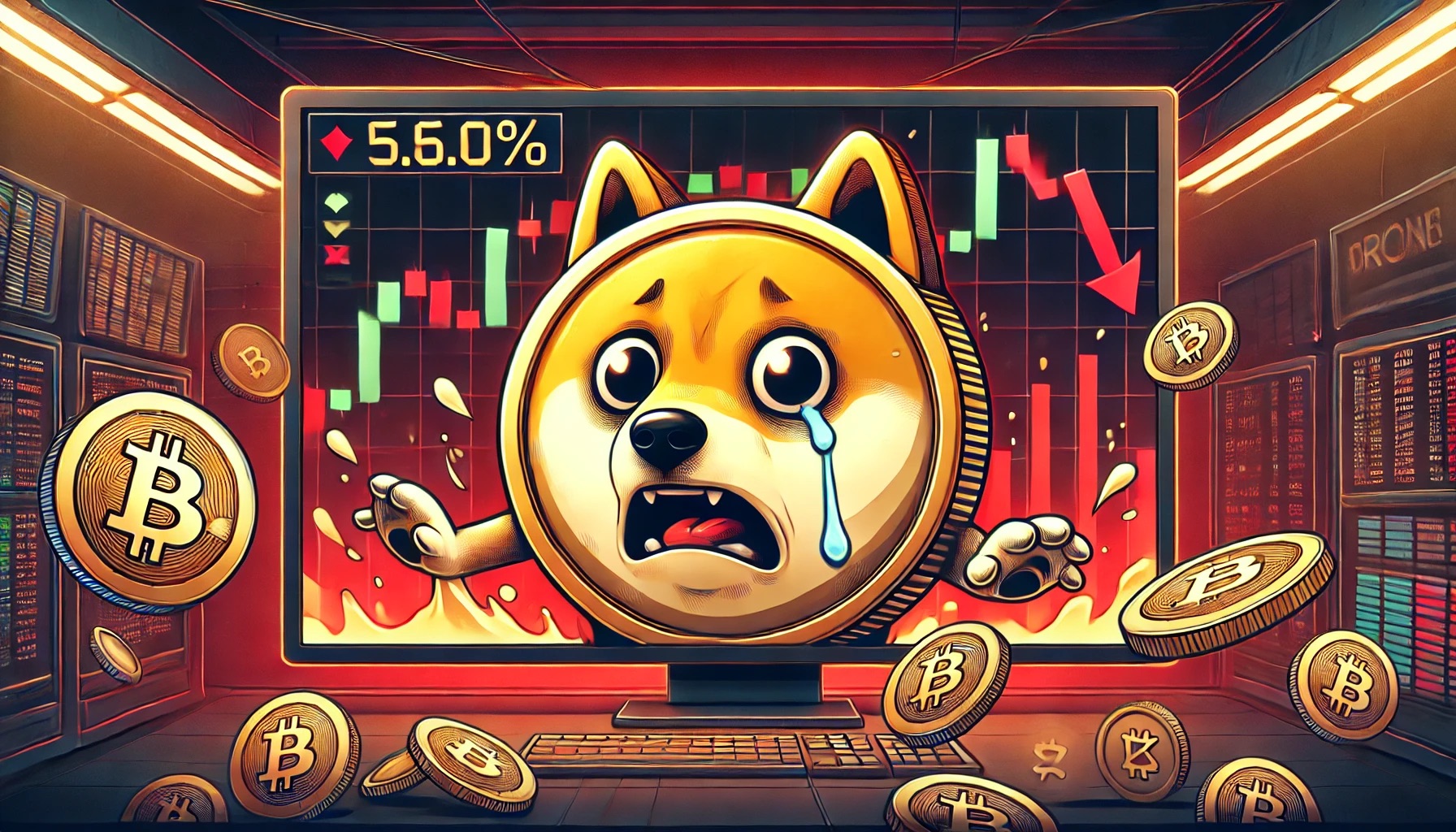







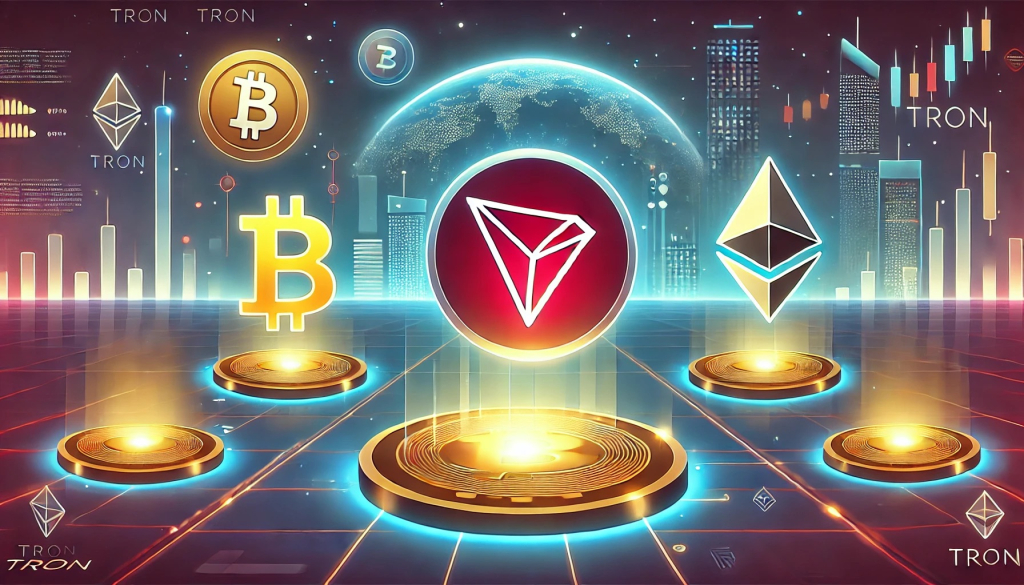




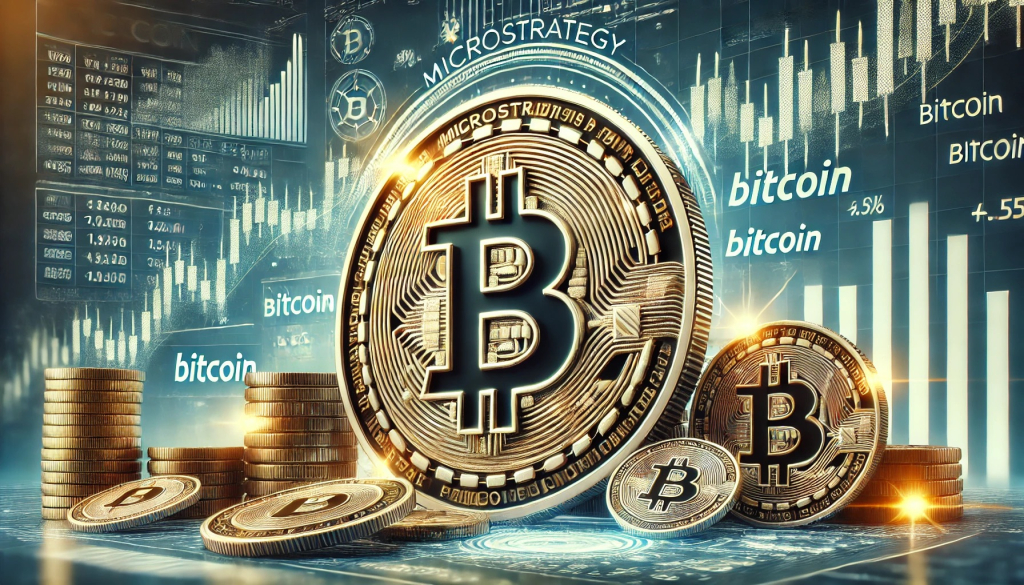

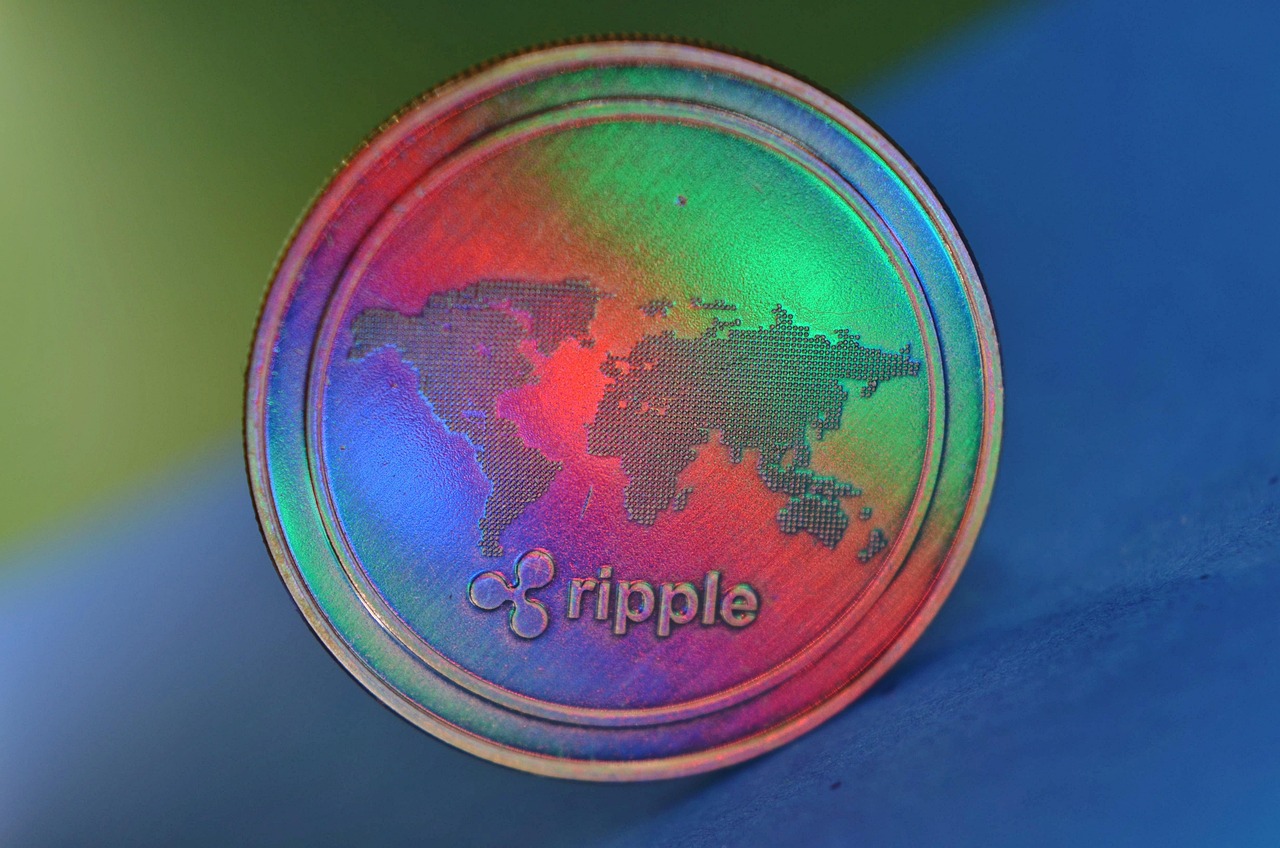
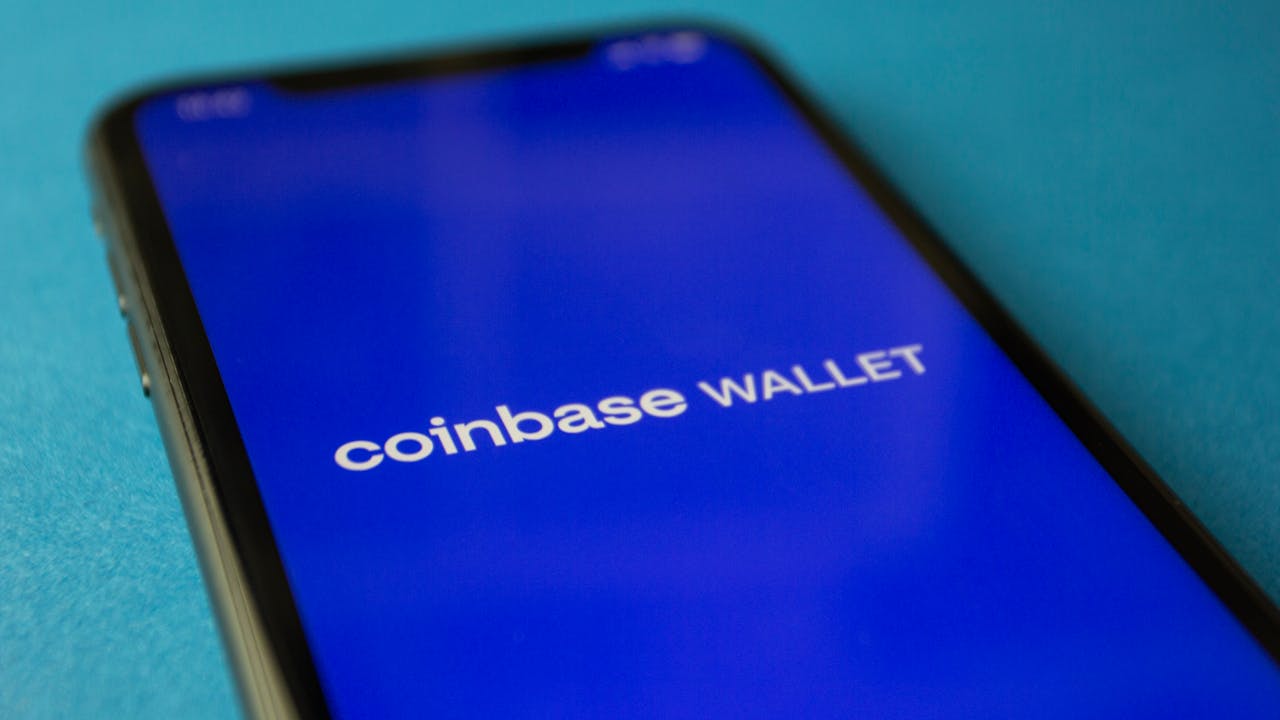

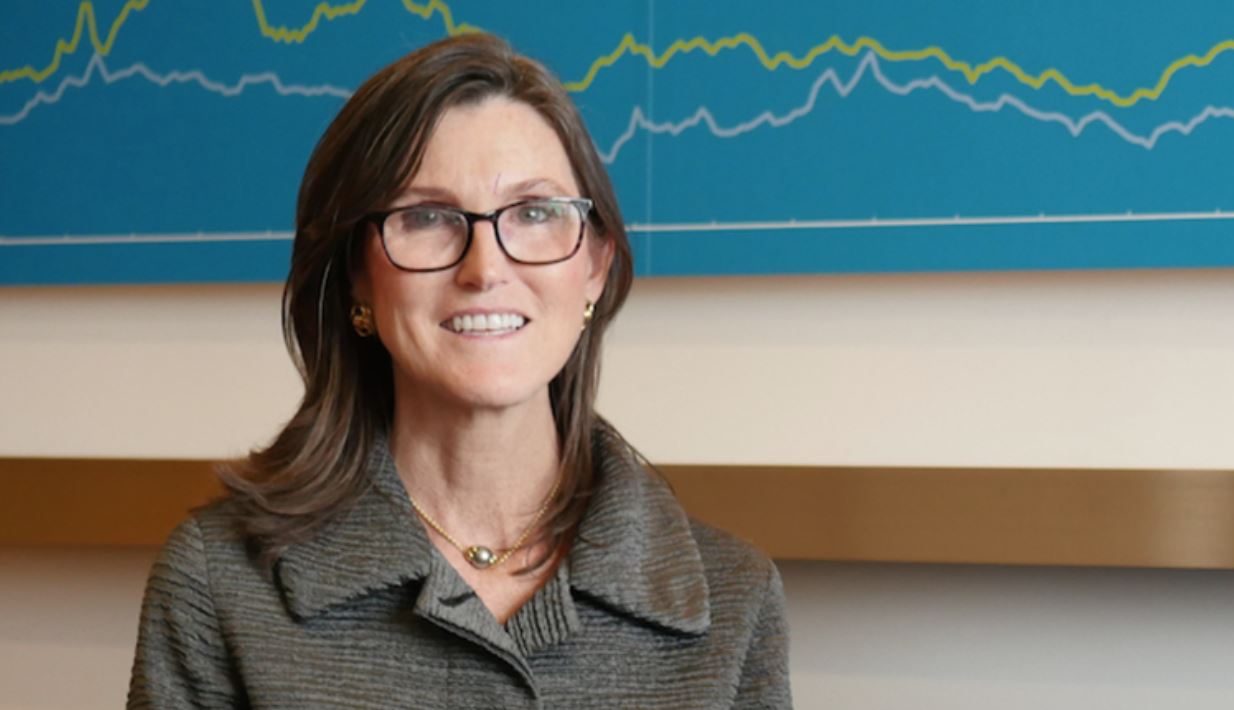

Comment 0